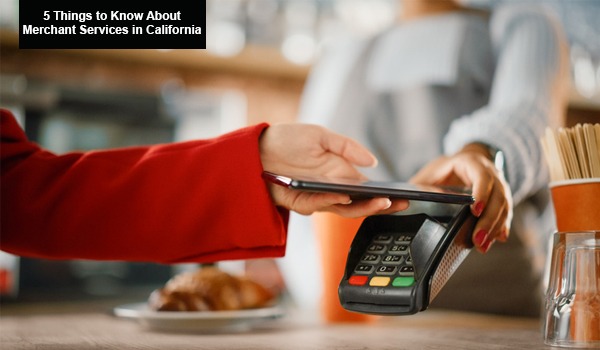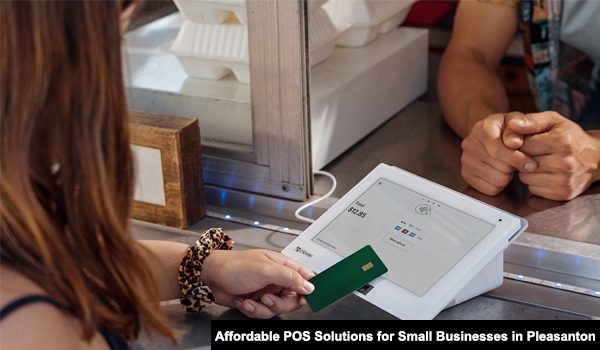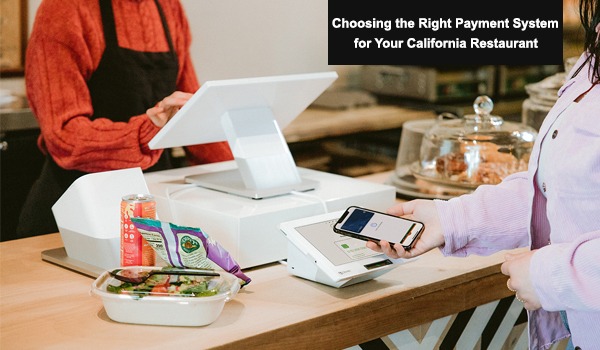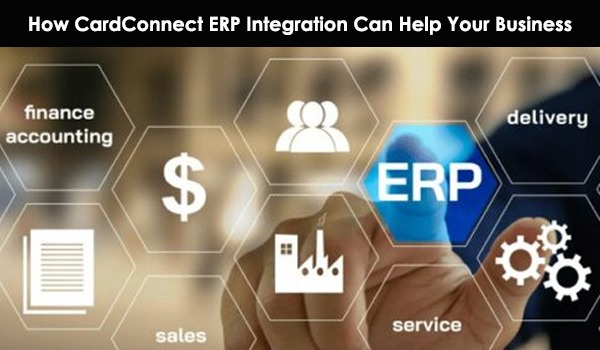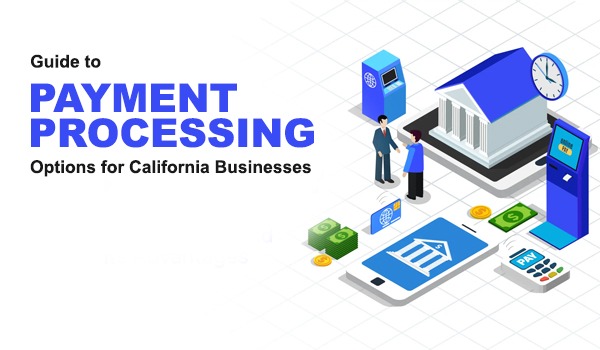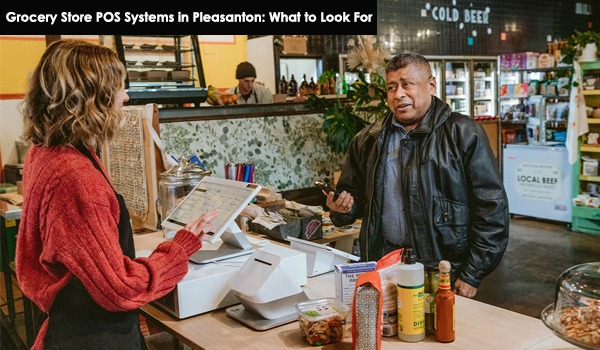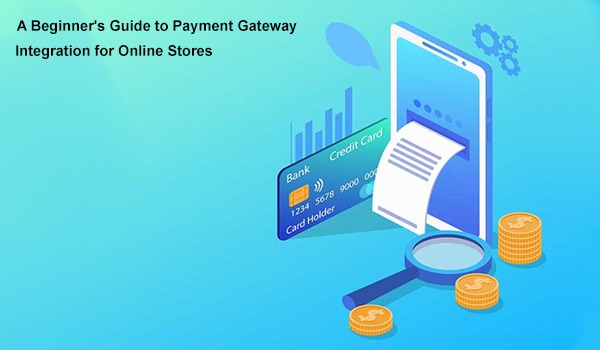
The Role of Payment Gateways and their Importance
A payment gateway is a crucial service that facilitates the authorization and processing of credit cards, debit cards, or direct payments for online purchases. It acts as a vital intermediary between your e-commerce platform and financial institutions, ensuring customer payments are processed securely and efficiently. By encrypting sensitive information like card details and validating transactions, a payment gateway serves as the backbone of any online store's payment system, streamlining the checkout process and ensuring a smooth transaction for the customer and the merchant.
For online businesses, integrating a reliable payment gateway is not just a technical necessity but also a strategic move to enhance the overall shopping experience. It plays a pivotal role in maintaining trust, as it offers multiple layers of protection against fraudulent activities. This includes secure encryption of payment data, compliance with global standards like PCI-DSS (Payment Card Industry Data Security Standard), and various fraud detection mechanisms. A robust payment gateway is essential for building customer confidence, ensuring that sensitive financial details remain protected throughout the transaction process.
Without a payment gateway, customers would struggle to make online payments, leading to potential cart abandonment and a significant loss of sales. The absence of a secure payment solution not only hampers revenue generation but also undermines the credibility of the online store. A well-integrated payment gateway not only facilitates seamless payments but also reinforces a sense of professionalism and reliability, encouraging customers to complete their purchases with confidence. Ultimately, the gateway serves as a bridge that connects the convenience of online shopping with the security and efficiency of modern financial systems.
How Payment Gateways Work in E-Commerce Transactions
The payment process may seem complex, but it essentially boils down to three key stages: authorization, capture, and settlement. During the authorization stage, the payment gateway checks with the issuing bank to ensure the customer has sufficient funds. If authorized, the transaction proceeds to the capture phase, where the funds are held by the bank until the merchant completes the order.
The settlement, the final step, ensures that the merchant receives the payment in their account after the transaction is verified. Understanding how this process works helps online store owners manage expectations and resolve any potential issues that could arise during payments.
Types of Payment Gateways: Hosted vs. Integrated
When choosing a payment gateway, online store owners must decide between a hosted gateway and an integrated gateway. A hosted payment gateway redirects customers to a third-party site to complete the payment. This option is easier to implement, as security and compliance are managed by the gateway provider.
An integrated payment gateway allows customers to complete their transactions directly on your website. This creates a seamless user experience but requires more technical setup and compliance with PCI-DSS (Payment Card Industry Data Security Standard) guidelines. Shopify Payments is an example of an integrated gateway.
Choosing the Right Payment Gateway for Your Online Store
Selecting the right payment gateway depends on several factors, including the nature of your business, your target audience, and your technical infrastructure. Consider the types of payment methods you want to offer—credit cards, digital wallets, or even cryptocurrencies. Some payment gateways are more adaptable to specific methods than others.
Additionally, examine transaction fees, ease of integration, and global support. If your store caters to an international audience, your payment gateway should support multiple currencies and comply with local regulations. Take time to research and trial different providers to find the one that aligns with your store’s needs.
How to Integrate a Payment Gateway with Your Online Store
The integration process varies depending on the e-commerce platform you use and the payment gateway provider. For most platforms like Shopify, WooCommerce, or Magento, integration is straightforward, requiring minimal coding. Typically, store owners can use plugins or modules provided by the gateway to add payment options to the site.
However, for custom-built websites, you may need to involve developers to handle API (Application Programming Interface) integration. This ensures smooth communication between your online store and the gateway. Testing is a crucial part of the integration process to ensure that transactions are processed correctly and that the checkout experience is flawless for your customers.
Understanding Security Measures and Compliance Requirements
Security is a top priority when handling online payments. A good payment gateway should offer encryption and tokenization to protect sensitive card information from hackers. Additionally, you must ensure your store complies with PCI-DSS standards, which govern how customer payment data is handled.
Some payment gateways offer built-in security features such as fraud detection tools, 3D Secure authentication, and two-factor authentication, which add layers of protection. It’s essential to understand the legal requirements for processing payments in your region to avoid fines and ensure customer trust in your payment system.
Payment Gateway Integration Challenges and Solutions
Integrating a payment gateway can come with challenges such as technical difficulties, transaction delays, or declined payments. Compatibility issues between your e-commerce platform and payment gateway can also arise, especially when dealing with custom-built stores. To minimize issues, ensure your platform is compatible with the gateway and always test the integration thoroughly before going live.
Another common problem is high transaction fees, which can eat into your profits. To overcome this, compare different payment providers and negotiate better rates, especially if you process a large volume of sales. Offering multiple payment options can also prevent losing customers due to payment gateway errors.
The Future of Payment Gateways: Trends to Watch
As e-commerce continues to evolve, so do payment gateways. Trends like the rise of digital wallets (e.g., Apple Pay, Google Pay), biometric payments, and cryptocurrencies are shaping the future of online transactions. These new methods not only improve convenience but also offer enhanced security for consumers.
Another trend is the increasing integration of artificial intelligence (AI) in payment gateways. AI can help detect fraudulent transactions, analyze customer spending patterns, and automate the dispute resolution process. Online stores that stay ahead of these trends will be better positioned to offer cutting-edge payment options and cater to modern consumers.
Conclusion
Integrating a payment gateway into your online store is an essential step toward offering a seamless shopping experience for your customers. From understanding how payment gateways work to choosing the right one for your business, this guide has covered the basics. While challenges like fees and security concerns may arise, having the right tools and knowledge will ensure a smooth integration process. Staying informed on industry trends and updates will help your store remain competitive and trustworthy as online payment technologies continue to evolve.
